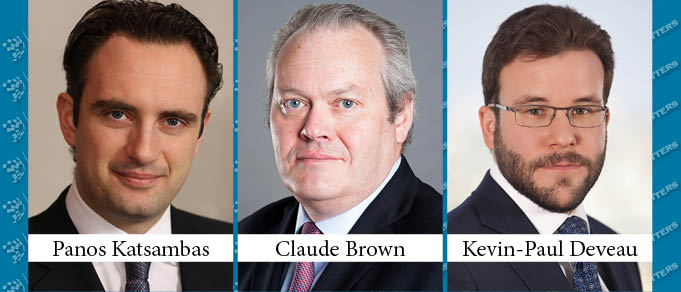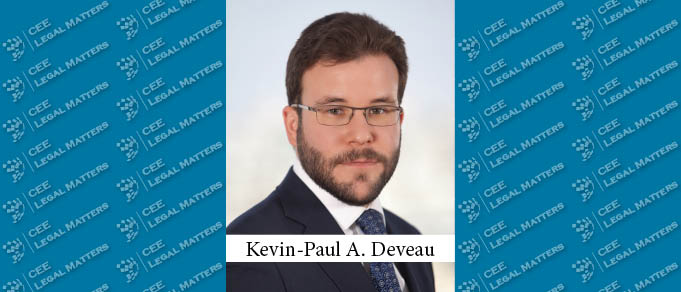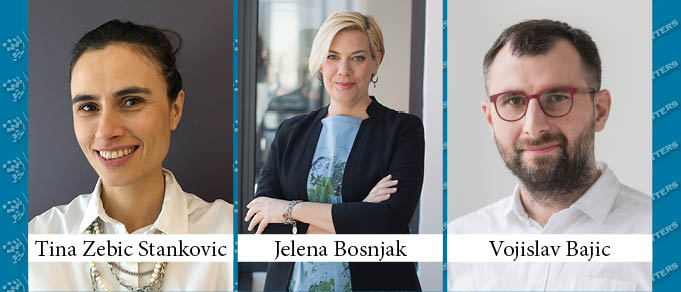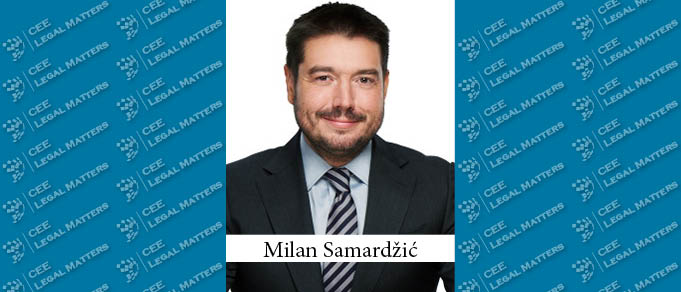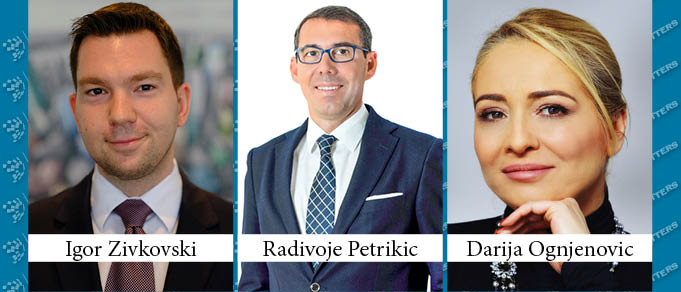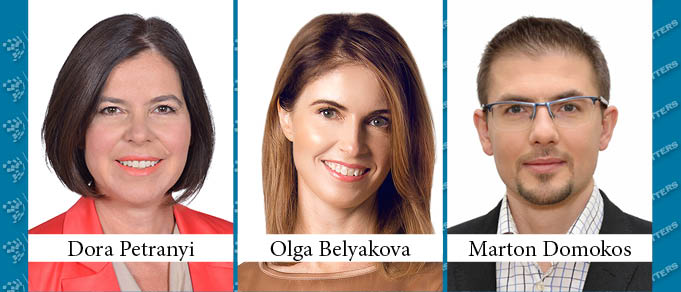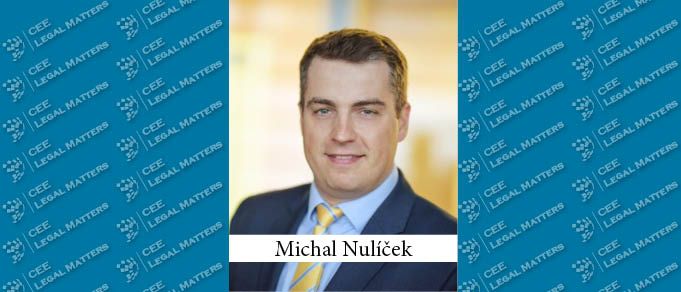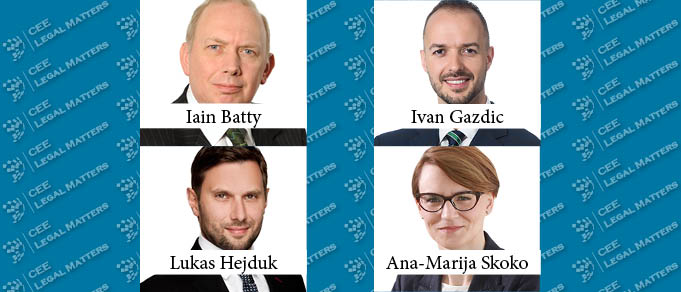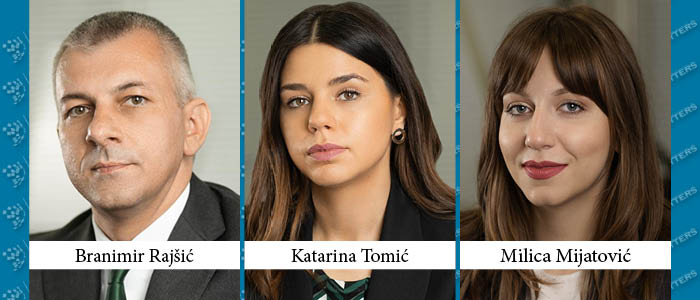It is no easy task this day and age to talk of “legal market trends.”
After the Gold Rush: What Causes and Comes After an International Law Firm’s Departure from a CEE Market
In the first decade after the fall of the Berlin Wall in 1989, an enormous number of international investors descended upon the countries of Central and Eastern Europe – initially, and particularly, Romania and the so-called “Visegrad Group” of Poland, the Czech Republic, Slovakia, and Hungary – to take advantage of the privatizations occurring across the region and, in the early years, manifold new and giant deals related to the region’s rapid modernization and integration. Inevitably, many of the larger London-based international law firms opened up offices in the region to provide their clients with on-the-ground assistance.
ILFS in CEE: What’s the Deal
The legal markets of Central and Eastern Europe are served by a growing cadre of strong domestic firms, an established collective of widely-recognized and genuinely impressive regional firms … and, of course, many of the largest and best international firms in the world.
Centering CEE
An Interview with Partners Panos Katsambas, Claude Brown, and Kevin-Paul Deveau from Reed Smith’s Dedicated CEE/SEE Group.
Guest Editorial: The (Continued) Importance of English Law for CEE
On January 20, 2010, I stepped off a plane in Bucharest to start a secondment at Clifford Chance’s local office, which was supposed to last eighteen to twenty-four months. I was a young and eager lawyer, keen for new experiences and ready for the challenge of working in emerging markets. In the end, I left nearly three and a half years later, and I almost stayed on permanently in Bucharest. It was an amazing experience, and English law in CEE has had a massive impact on my life.
Marketing with One Arm Tied Behind Your Back: Attorney Advertising Bans In the Former Yugoslavia
Advertising is no easy task for law firms in the former Yugoslavia, and law firm marketing and business development specialists in those legal markets face unique challenges in their attempts to promote their firms and obtain new clients.
Guest Editorial: Navigating the Crisis in the Western Balkans
The COVID-19 pandemic hit the Western Balkans right during a period of accelerating economic activity and a promising economic outlook for 2020. The rapid spread of the virus forced the governments of the Western Balkans countries to introduce protective measures, lockdowns, and temporary business shutdowns. These restrictions had a devastating direct economic impact on a wide range of sectors – particularly the hospitality and transport industries – and the measures had many indirect side effects that significantly decreased economic activity.
The Serbian Situation
Prominent Serbian attorneys provide an overview of the country’s prospects heading out of the recent election cycle and into an uncertain future.
Data Implications of Remote Working
Doing business remotely continues to gain in popularity, both allowing work to continue (often from home) when pandemic conditions require it and actually increasing many individuals’ overall productivity in certain industries. Despite its advantages, however, the data implications of remote working have recently become more complex.
Beyond Dispute
New Counsel Victoria Pernt on Schoenherr’s impressive Arbitration practice.
Building Blocks of CEE: Duncan Weston Brings CEE to CMS
Rare is the opportunity to participate in a wave of enthusiastic transformation – a breaking-away from old ways and a journey to uncharted regions. Duncan Weston, Executive Partner at CMS, has played a fundamental role in several different law firm and legal industry transformations. And he’s not done yet.
Guest Editorial: Marketing in a CEE Law Firm
I have always been a fan of marketing and felt that there was something special about it, even back before I had any real practical experience with it. My career started at an international law firm – Hogan Lovells – where marketing was handled both centrally and locally. I became a fan of the field and learned to consider the brand as something potentially very valuable and helpful both in attracting new clients and employees and in retaining existing ones. It also showed me that marketing activities must be conducted systematically.
Tiptoing in Turkey
A CEE Legal Matters special report on how international firms operate in Turkey – and the echoing silence that greets attempts to investigate.
Guest Editorial: Turkey’s New Normal
Are you still reading? Despite the title this is not a COVID-19 piece. Quite frankly we have had enough of that. We want life to go back to how it was – but it won’t. Something new is happening. People have been humbled by the effects of the C-word on their very existence. Everyone is suddenly more aware of the need to change – in Turkey, for example, we always kiss and hug upon meeting, and we are not used to the concept of social distancing at all. Now we stand a meter apart and elbow or fist bump – which still feels odd to me. We are aware and we are asking ourselves – “what needs to change? Was this our fault? What is biodiversity? What can we do?”
Bulgaria at the Boil: Frustration with the Status Quo Pulls People to the Streets
Already struggling with the international coronavirus pandemic, Bulgaria has recently found itself dealing with a major internal political crisis as well – one which, ironically, despite the general incentive towards social distancing, has brought people outside of their homes and onto the streets of the nation’s major cities.
The Corner Office: Your Favorite Client Matter
In The Corner Office we ask Managing Partners across Central and Eastern Europe about their unique roles and responsibilities. The question this time around: ”What is your single most favorite client matter in your career?”
Guest Editorial: The Development of the Bulgarian Legal Market
I began practicing law more than 30 years ago. It runs in my family and I guess this is how I acquired my affinity towards it. Even during the communist period in Bulgaria, being a lawyer was among the few relatively independent professions – unconstrained by political, financial, and other pressures. This is another major reason I became a lawyer. The rule of law is something I was born and raised with.
Logistics and Manufacturing in CEE: Today’s Trends and Opportunities
While the COVID-19 pandemic has caused disruption to nearly all businesses in the logistics and manufacturing sectors in Central and Eastern Europe, enough time has now lapsed that identifiable trends and opportunities are beginning to emerge. CMS Partners Ana-Marija Skoko, Ivan Gazdic, Iain Batty, and Lukas Hejduk agreed to share their thoughts about the effect of the COVID-19 crisis on logistics and manufacturing developments in their local markets and across CEE.




